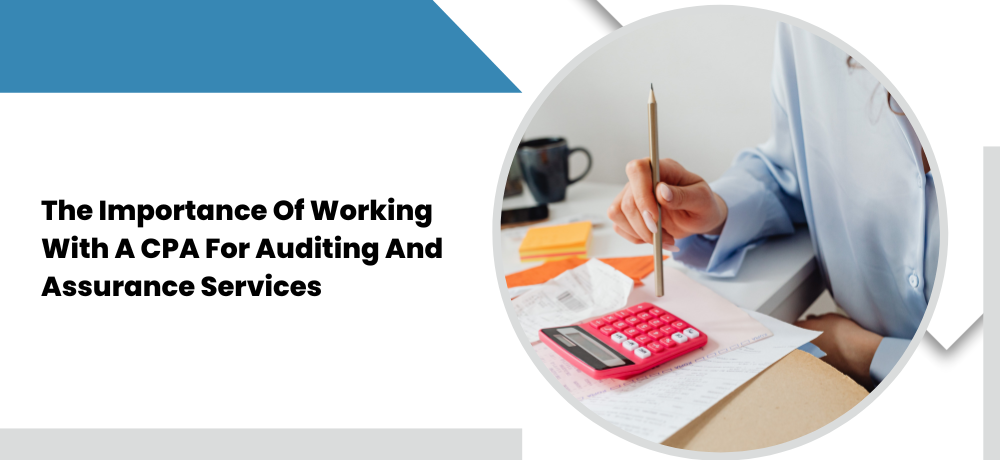Blog by Terry L. Barker, CPA, PC

In the dynamic business landscape of Katy, Fulshear, and West Houston, TX, every decision and action impacts your business's trajectory. Among these, maintaining accurate and comprehensive financial records might be one of the most crucial. This blog explores the pivotal role that quality bookkeeping and accounting play in ensuring your business's success and growth. 1. Informed Decision-Making: Bookkeeping, Tax Strategies, and Accountant Insights for Enhanced Financial Management Quality bookkeeping and accounting provide a clear picture of your business's financial health. Accurate records enable you to make informed decisions about investments, expansions, and operational improvements, minimizing risks and maximizing opportunities. 2. Financial Transparency: Tax Expertise, and Accountant Insights Transparency breeds trust, both among stakeholders and customers. Reliable financial records demonstrate your commitment to ethical business practices and financial accountability. This can lead to stronger partnerships, increased customer loyalty, and a positive reputation in the community. 3. Tax Efficiency for Financial Transparency: Informed Decision-Making with Bookkeeping and Accountant Insights Navigating the intricacies of tax regulations requires meticulous bookkeeping. Properly categorized expenses, accurate income records, and well-maintained financial statements enable your business to claim legitimate deductions, resulting in minimized tax liabilities. 4. Effective Cash Flow Management: Achieving Tax Efficiency and Financial Transparency through Informed Decision-Making Quality bookkeeping allows you to monitor your cash flow, tracking incoming and outgoing funds. This insight empowers you to plan for expenses, seize growth opportunities, and weather financial challenges without disrupting your business's operations. 5. Driving Future Growth and Expansion: Effective Cash Flow Management, Tax Efficiency, and Informed Decision-Making When you maintain organized and accurate financial records, securing funding for growth becomes more accessible. Lenders and investors appreciate businesses with transparent financial histories, making it more likely for you to obtain the necessary capital for expansion. Quality bookkeeping and accounting are the backbone of a thriving business. In the competitive landscape of Katy, Fulshear, and West Houston, TX, these services are not just administrative tasks; they're strategic tools for success. If you are looking for bookkeeping and accountant services, then contact Terry L. Barker, CPA, PC . By enlisting the expertise of professionals like Terry L. Barker, CPA, PC you're ensuring that your business is built on a solid financial foundation, ready to seize opportunities and navigate challenges. Get in touch with us today To learn more about what we have, please click here . To contact us, please click here or call us at (713) 623-3484 .












